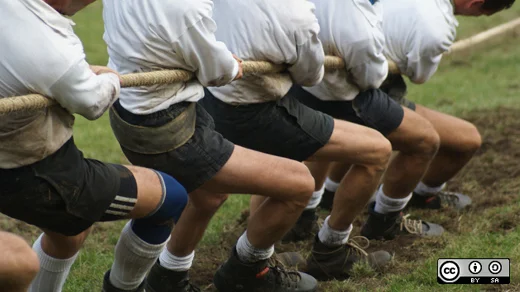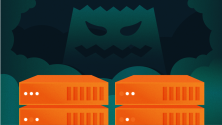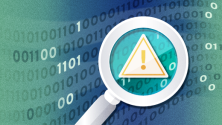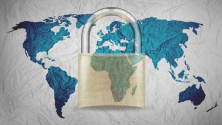Yesterday I got a few emails from Facebook that informed me of things like when my anniversary is. That's when I found out my husband was using the new Facebook profile. This morning it told me that about 10% of my friends have already switched over.
If you haven't seen it yet, Facebook rolled out new profile features yesterday (Dec. 6). It's voluntary now (or "early switch" as they call it), but progressively will reach all users. Your information is organized differently, particularly things you might put on a resume--a clear shot at the LinkedIn userbase and purpose. You can also now categorize your friends and rank your interests so that everyone knows you like Glee just a little more than Desperate Housewives, but not as much as House. And you can add more detail. From the FAQ:
There are more ways to list how you spend your time, including your projects at work, the classes you take and other activities you enjoy, like hiking or reading. You can also include the friends who share your experiences.
I like all this. In theory. I want to be able to see someone's profile at a glance. It's appealing to be able to add a new friend and instantly see things you didn't know you had in common. In general, I like the idea of sharing information with my friends. Unfortunately, I can't see all of this without wondering when the other shoe drops.
None of the updates (at this point) change your existing privacy settings. But all I can see when I look at the new profile is a big reminder that Facebook is a closed system with nothing resembling real data portability. And even portability wouldn't make me feel better about where else the information might go, be kept, or used.
I know I'm not the only one with this problem--I like Facebook and feel it's become an important method for keeping in touch, particulary with certain groups. I've moved a lot in my life, and I love it every time an old friend finds me there. But I don't trust the platform, which means I don't use it to its full benefit.
Nobody's leaving Facebook. Not en masse. At least not until a seriously viable competitor steps up, and that will be a challenging road to climb. Not an impossible one though--Internet giants that seemed unstoppable have been toppled over and over.
In reality, though, given the choice, I don't want Facebook to fall. I want it to improve. I do like Facebook, despite how things I've written here may sound. What I do desperately hope is that the company will embrace transparency. Dialogue with its users. Truth and openness.
The question is: What can we, as a user base, do to make that happen? There's no real motivation on the part of the company when their participation has grown 55% in the last year until it now accounts for 10% of all Internet traffic.
In the time it took me to write this, another 25 of my friends have switched to the new profile. It's inevitable that the rest will, too, as the rollout completes. But I fear a continuing lack of transparency on the part of Facebook is inevitable too.







1 Comment